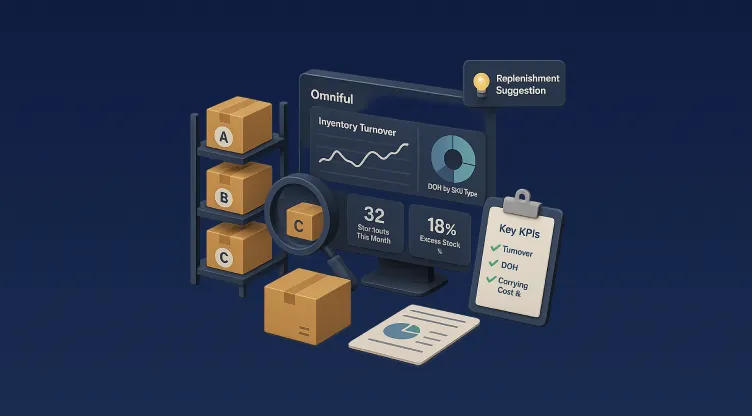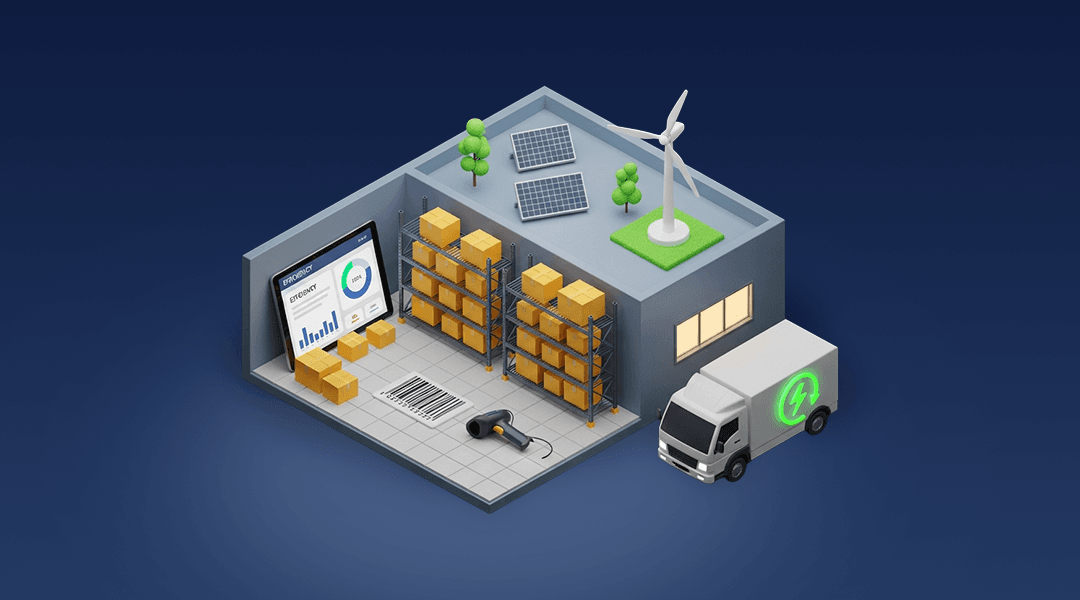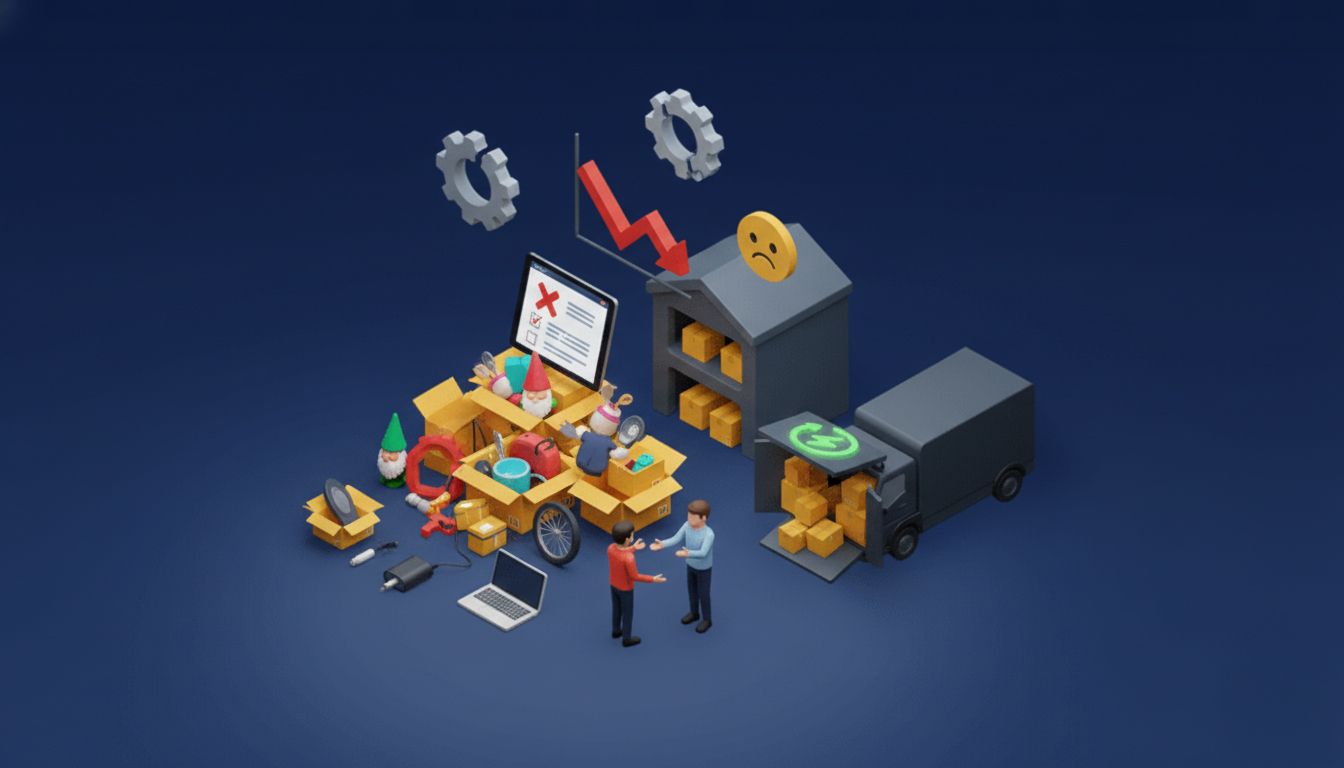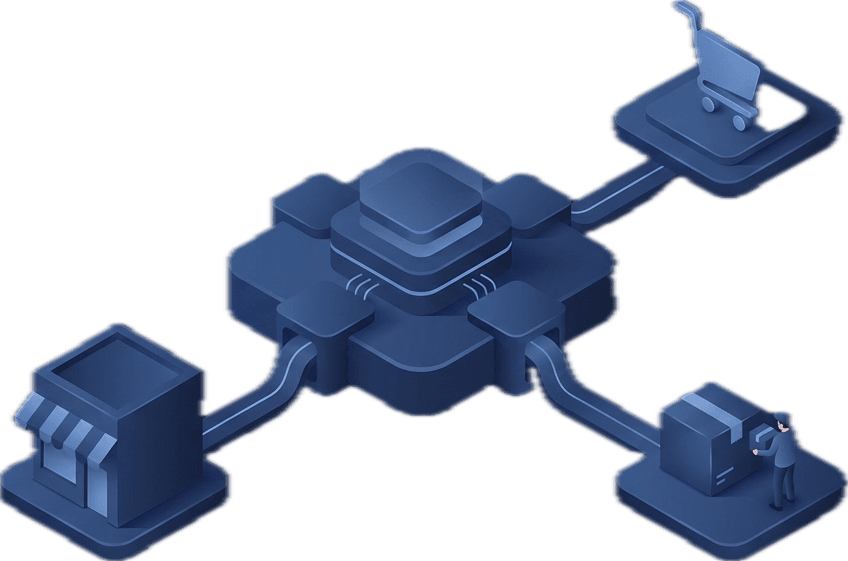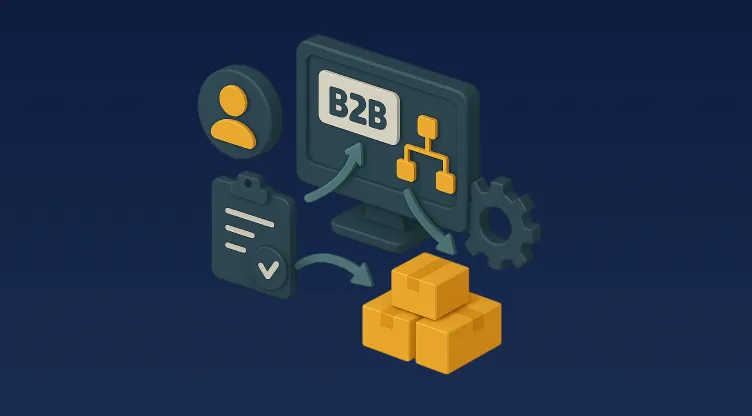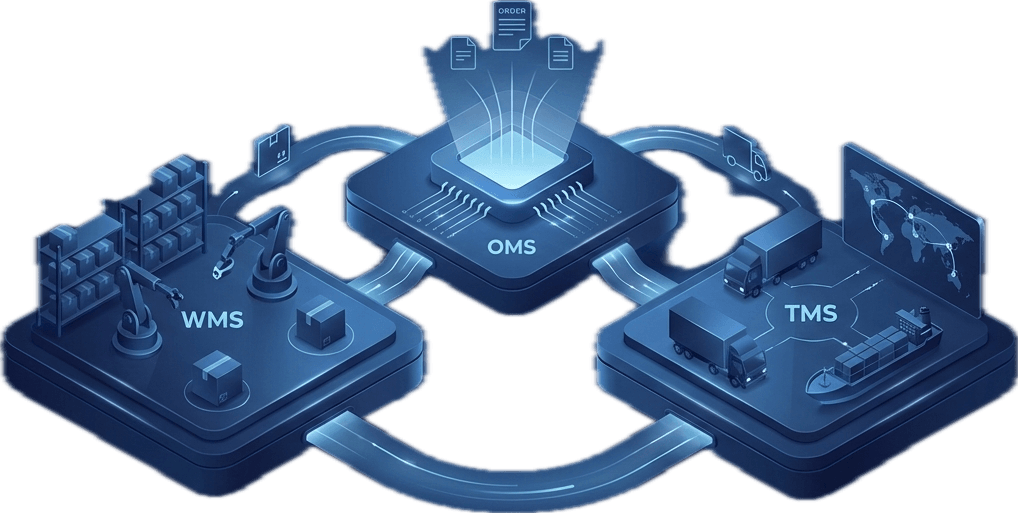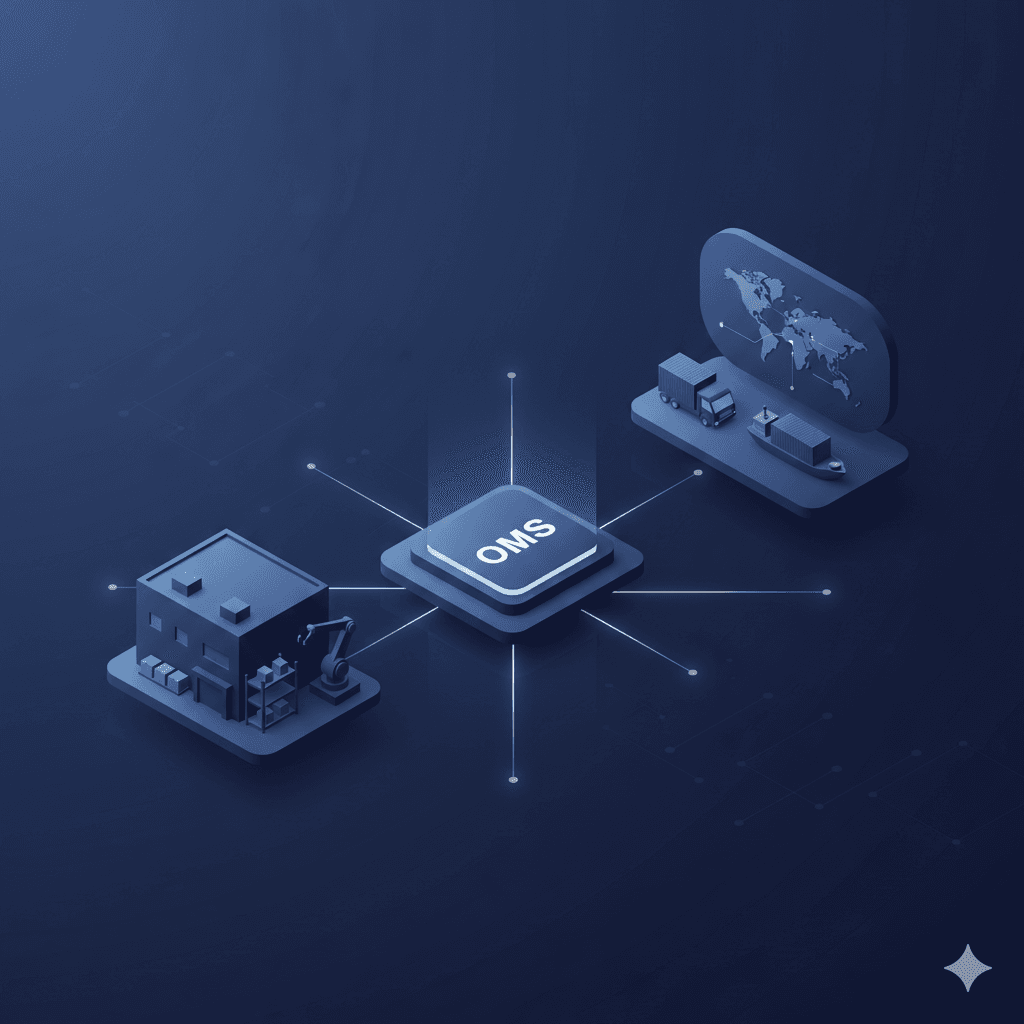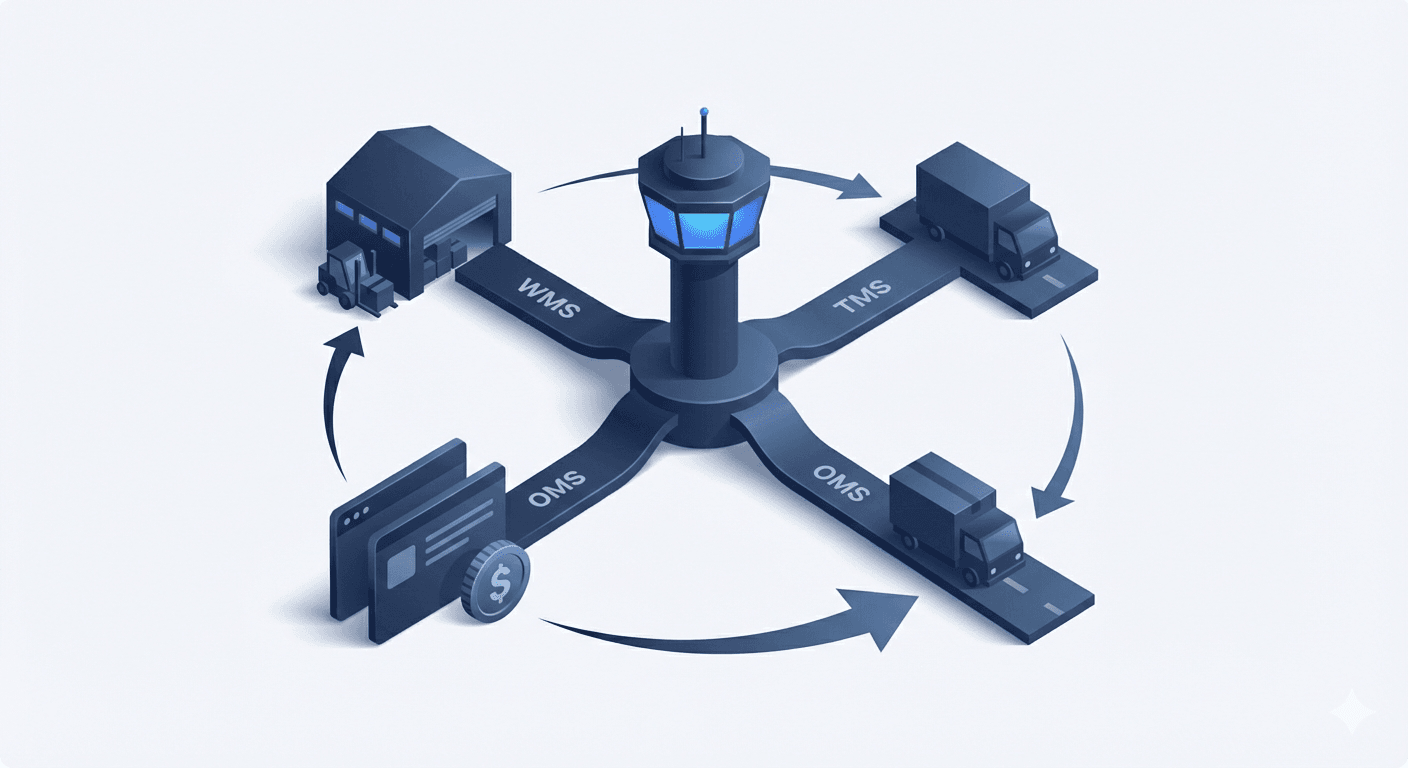ERP for Franchise Models: Empowering Corporate Control with Local Autonomy

Table of Contents
Insights in Brief
- ERP platforms help centralise operations while empowering individual branches.
- Master data management ensures consistency across the network.
- Tools like SAP ERP enable customisation for region-specific compliance.
- Integrated modules simplify order, inventory, and return workflows.
- Modern ERP systems support rapid scaling for MENA-based franchise brands.
Introduction: Franchising in the MENA Region
The franchising model is booming across the Middle East and North Africa. Countries like Saudi Arabia and the UAE are leading this surge. Consumer demand is rising. Government support for entrepreneurship is expanding. This growth, while promising, brings operational complexity.
Managing a network of franchises is like conducting an orchestra. Each location must play its part in harmony with the brand’s standards. Yet, every outlet must also respond to its local market. Balancing consistency with flexibility is the key challenge.
This is where an ERP system becomes essential. An ERP solution provides the structure to standardise processes while offering the freedom to customise at the local level.
Franchise Challenges: Complexity Behind the Scenes
Franchise models enable businesses to grow faster by using decentralised ownership. But this often leads to scattered operations.
Some common issues include:
- Disconnected inventory systems across locations.
- Irregular pricing between outlets.
- Varied levels of customer service quality.
- Compliance issues in different regions.
- Inconsistent brand experiences for customers.
Without a unified digital backbone, it becomes difficult to enforce quality while promoting innovation.
The Role of ERP in Franchise Management
An Enterprise Resource Planning (ERP) system connects all core functions. From order processing to procurement and HR, every module works together.
For franchise operators, this brings several benefits:
- Real-time visibility into sales, inventory, and performance.
- Standard workflows for operations, purchasing, and logistics.
- Local branches can adjust based on customer needs without breaking policy.
With this structure, each franchise outlet becomes a strong local business with global brand support.
Why Master Data Management Matters
Managing product, pricing, and supplier data across multiple stores is hard. Without consistency, errors and delays follow.
Master Data Management (MDM) is the ERP feature that addresses this. It creates a unified data source for all locations. When a product or price changes at HQ, the update reflects everywhere.
With Omniful’s Inventory Management System, you can sync item data across platforms and outlets. This reduces errors and keeps stock records reliable.
Franchises can manage thousands of SKUs with ease — even across countries.
Customisation Without Chaos: Modular ERP Design
Franchise brands must support different markets, from Dubai’s urban hubs to smaller towns in Oman. Each outlet faces unique customer behaviour and legal frameworks.
That’s why modular ERP systems work best.
Modules can be turned on or off depending on the outlet's size and function. For example:
- A store with high footfall might use Point of Sale.
- A dark store may only need Order Management.
- Larger hubs can benefit from Warehouse Management.
With Plug-and-Play Integrations, outlets can scale their software as they grow — without rebuilding systems from scratch.
SAP ERP and Other Enterprise Examples
Global ERP providers offer tailored solutions for franchise networks.
SAP ERP, for instance, is known for its custom modules and international compliance features. Franchisors can implement multi-language dashboards and region-specific taxation rules. This is vital for businesses operating in countries like Saudi Arabia, where VAT systems differ from other GCC markets.
On the other hand, platforms like Omniful are designed with regional dynamics in mind. Based in Riyadh, Omniful offers MENA-specific localisation, including support for:
- Arabic dashboards
- ZATCA e-invoicing
- Local delivery integrations via Shipping Gateway
This makes it easier for franchise businesses in the region to deploy quickly and operate efficiently.
Autonomy at the Outlet Level
While the ERP centralises data, it doesn’t control every decision. Instead, it empowers outlets to act based on their context.
Key features include:
- Role-based access control: Local managers can view and manage only what they need.
- Localised pricing engines: Outlet managers can run promotions within approved guidelines.
- Tailored supplier lists: Some outlets may prefer sourcing from nearby vendors.
All of this is monitored and recorded at HQ, maintaining brand oversight without daily intervention.
Dashboards That Drive Results
Franchise operators need live insights, not weekly reports. That’s where dashboards come in.
With systems like Omniful, both franchisors and franchisees gain dashboards customised to their responsibilities.
- HQ sees company-wide data.
- Local outlets see store-specific trends.
With features like fulfilment analytics and return insights, operators can act fast. They can optimise staff schedules, adjust promotions, and manage stock levels in real time.
Real-time dashboards also integrate with modules like Returns Management, providing insight into refund trends and reasons.
Staying Compliant Across Borders
The MENA region includes various tax rules, document standards, and labour laws. ERP systems simplify this landscape.
For example:
- In Saudi Arabia, all e-invoices must comply with ZATCA regulations.
- In the UAE, tax-free zones have unique accounting needs.
ERP systems automate tax calculations and invoice generation. This ensures compliance with little manual work.
Omniful’s POS also supports multi-language receipts and local tax breakdowns — crucial for multilingual customer bases.
Automation: Less Repetition, More Precision
With growing scale comes repeated tasks. ERP automation reduces the load.
- Inventory reorder triggers help avoid stockouts.
- Invoice creation runs on predefined templates.
- Orders can be split, merged, or rerouted automatically.
In logistics, Transportation Management Systems help group deliveries and plan efficient routes. This improves last-mile delivery and reduces costs.
Scaling Without Losing Control
As your franchise expands, ERP systems scale with you. You can add new locations with minimal setup. Each new outlet can follow your standard templates for:
- Item setup
- User roles
- Purchase orders
- Customer data
Once live, the store operates with the same efficiency as older branches.
Franchise leaders can also use tools like Returns APIs to monitor cross-outlet returns and customer feedback.
Conclusion: ERP is the Backbone of Sustainable Franchise Growth
Franchise success depends on structure, visibility, and responsiveness. ERP systems offer the technology to deliver all three.
With the right system in place, you gain:
- Full visibility across operations.
- Flexibility at the outlet level.
- The tools to grow across regions, languages, and compliance zones.
For franchises across the MENA region, choosing a system like Omniful — tailored to local business needs — provides the right balance of control and autonomy.
Frequently Asked Questions
How does ERP benefit franchise chains?
ERP ensures central oversight while allowing each outlet to manage daily operations independently.
Can outlets control their own stock and suppliers?
Yes. ERP systems allow local branches to manage stock and vendors within corporate guidelines.
Is SAP ERP suitable for MENA-based franchises?
Yes, with local compliance tools. Omniful, however, offers region-specific customisation built natively.
Can I use POS, inventory, and order tools with ERP?
Yes. Omniful integrates these functions through dedicated modules that work as a unified system.



